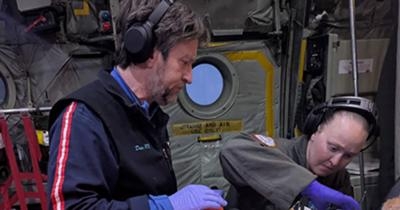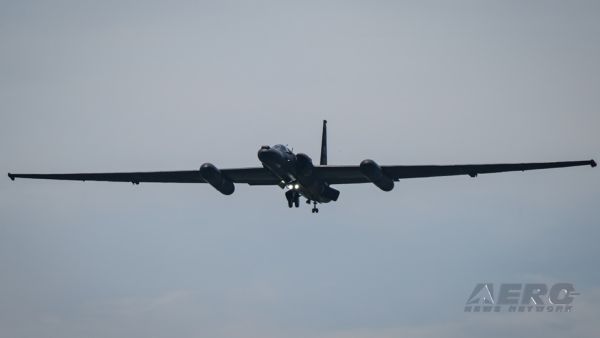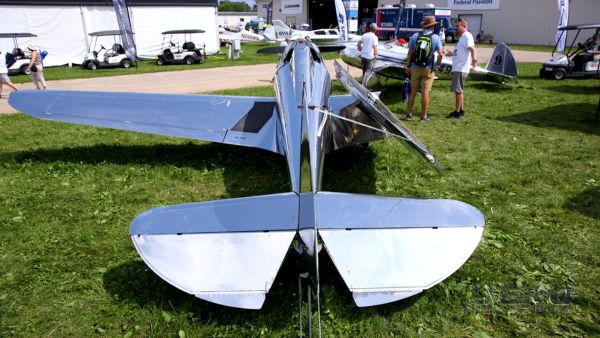Thu, May 01, 2025
Advertisement
More News
 NTSB Prelim: Scott Macwilliam SR3500 Moose
NTSB Prelim: Scott Macwilliam SR3500 Moose
The Master Caution Light On The Instrument Panel Illuminated, And The Engine Experienced A Total Loss Of Power On July 15, 2025, at about 1440 Pacific daylight time, an experimenta>[...]
 ANN FAQ: Turn On Post Notifications
ANN FAQ: Turn On Post Notifications
Make Sure You NEVER Miss A New Story From Aero-News Network Do you ever feel like you never see posts from a certain person or page on Facebook or Instagram? Here’s how you c>[...]
 ANN's Daily Aero-Linx (08.07.25)
ANN's Daily Aero-Linx (08.07.25)
Aero Linx: Soaring Safety Foundation (SSF) The Soaring Safety Foundation (SSF) is the Training and Safety arm of the Soaring Society of America (SSA). Our mission is to provide ins>[...]
 Aero-News: Quote of the Day (08.07.25)
Aero-News: Quote of the Day (08.07.25)
“NBAA and UAS operators commend the FAA for issuing this proposed rulemaking, which will unlock new capabilities and commercial opportunities for many organizations. While st>[...]
 ANN's Daily Aero-Term (08.07.25): No Gyro Approach
ANN's Daily Aero-Term (08.07.25): No Gyro Approach
No Gyro Approach A radar approach/vector provided in case of a malfunctioning gyro-compass or directional gyro. Instead of providing the pilot with headings to be flown, the contro>[...]
blog comments powered by Disqus





